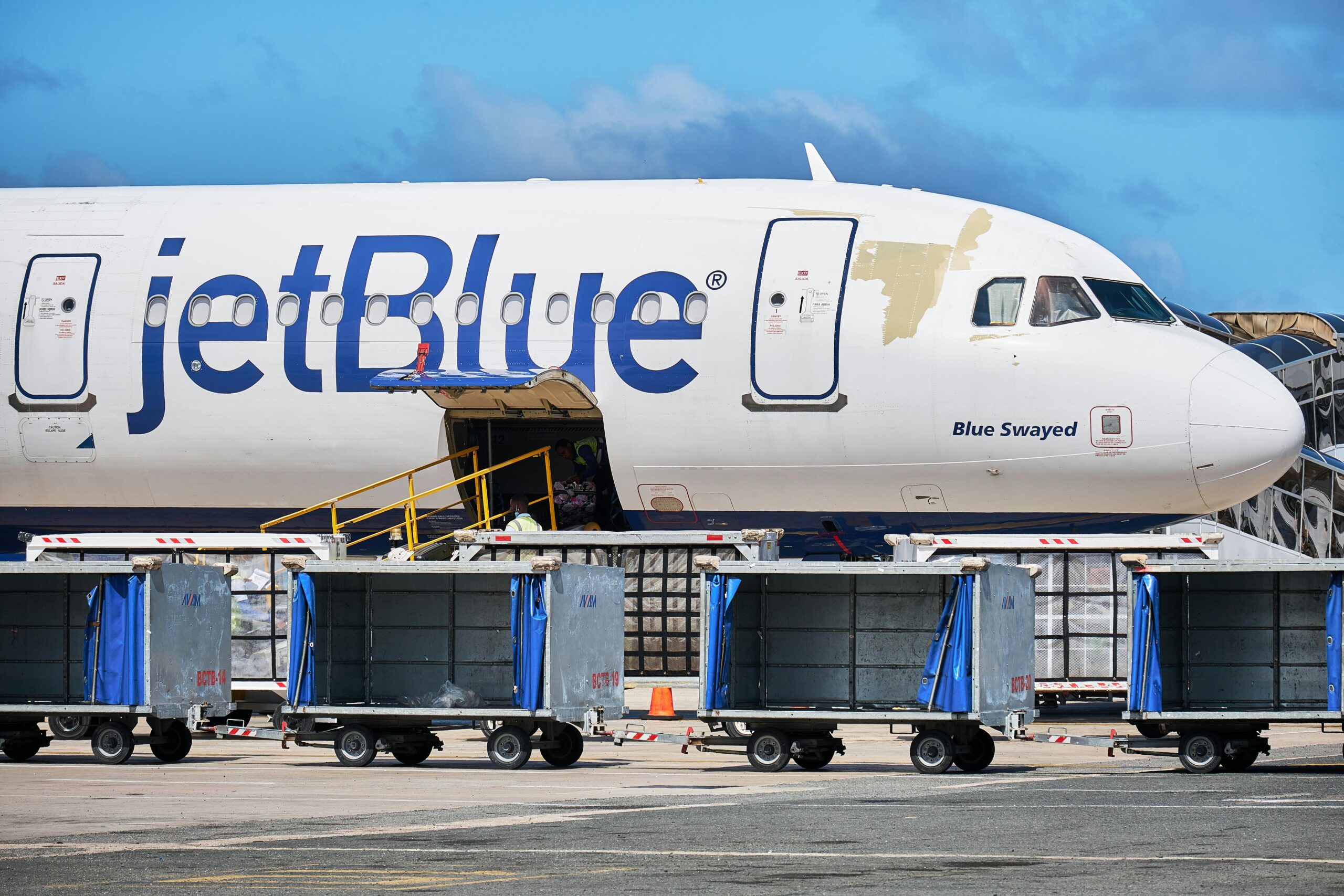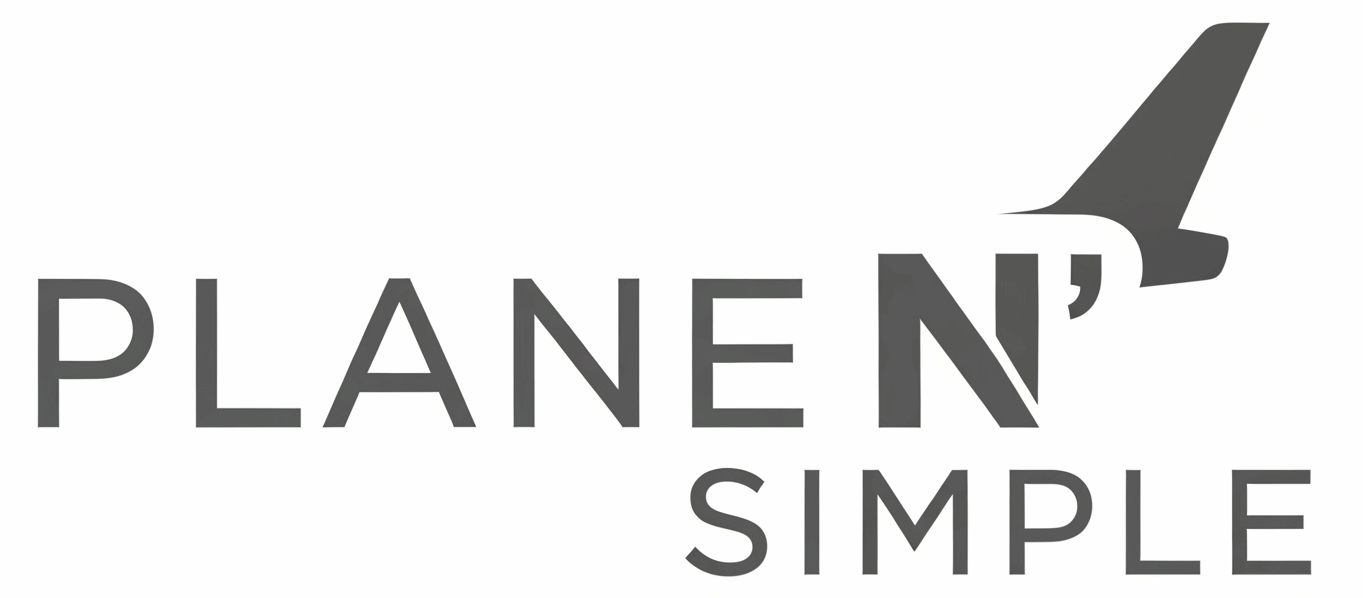JetBlue Bets on Amazon’s Kuiper Satellites for Better In-Flight WiFi – But There’s a Catch

The in-flight WiFi wars just got more interesting. JetBlue announced they’re teaming up with Amazon’s Project Kuiper to bring satellite internet to about a quarter of their fleet, with installations beginning in 2027 and wrapping up by 2028.
If you’re thinking “wait, what’s Project Kuiper?” – you’re not alone. While everyone’s been talking about Elon Musk’s Starlink dominating the satellite internet game with 8,000 satellites already in orbit, Amazon has quietly been building their own constellation. The catch? They’ve only managed to launch 102 satellites so far and need 1,600 in orbit by July 2026 to meet FCC requirements.
What This Means for Your Next JetBlue Flight
Here’s the reality check: if you’re flying JetBlue in the next two years, this announcement won’t change your WiFi experience one bit. The airline will continue using their current Viasat partnership (those geostationary satellites that sometimes work great, sometimes… don’t).
JetBlue President Marty St. George praised Kuiper’s promise of “high speed, low latency and high reliability” compared to their current setup. The technical advantage of low-Earth orbit satellites over geostationary ones is real think faster speeds and less lag when you’re trying to stream or video call at 35,000 feet.
But here’s what’s interesting: JetBlue isn’t ditching Viasat entirely. They’re planning to potentially use both systems, which suggests they’re hedging their bets on this new technology.
The Bigger Picture: Airlines Finally Get Serious About WiFi
This Kuiper deal is part of a much larger trend. Airlines have finally realized that terrible, expensive WiFi is no longer acceptable to travelers. Just this week:
- Southwest announced free WiFi for Rapid Rewards members starting October 24 (partnering with T-Mobile)
- American is rolling out free WiFi for AAdvantage members across most of their fleet next year
- Delta already offers free WiFi to SkyMiles members
- United is working on free WiFi through Starlink for MileagePlus members
- Hawaiian (and soon Alaska) is using Starlink for free connectivity
Notice a pattern? Every major airline is making WiFi free for their loyalty program members. If you’re not enrolled in these programs yet, now might be the time.
Amazon vs. SpaceX: The Real Competition
This JetBlue partnership represents Amazon’s first airline customer for Kuiper, which is pretty significant. Starlink has been signing up airlines left and right, so Amazon needed a marquee partner to prove their technology works in aviation.
The timeline tells the real story though. Starlink is already operational with thousands of satellites, while Amazon is still in the early stages of constellation deployment. Commercial service for Kuiper is supposed to start “later this year,” but with only 102 satellites up, don’t expect widespread coverage immediately.
Should You Care About Which Satellite System Your Airline Uses?
Honestly? Probably not much. Both Kuiper and Starlink promise significant improvements over current geostationary satellite systems. What matters more is whether your airline offers free access and how well they integrate the service into their cabins.
The real winner here might be passengers. Competition between satellite providers should drive down costs and improve service quality. And with airlines competing to offer the best connectivity perks to their loyalty members, we might finally see the end of the era of paying $30 for barely functional WiFi.
The Bottom Line
JetBlue’s Kuiper partnership is more about future proofing than immediate improvements. If you’re flying them regularly, your WiFi experience won’t change until 2027 at the earliest, and even then, only on about 25% of flights.
The bigger story is that airlines are finally taking connectivity seriously. Between the satellite wars above and airline competition below, in-flight WiFi is about to get a lot better for everyone especially if you’re smart enough to join those loyalty programs while the perks are still this good.

